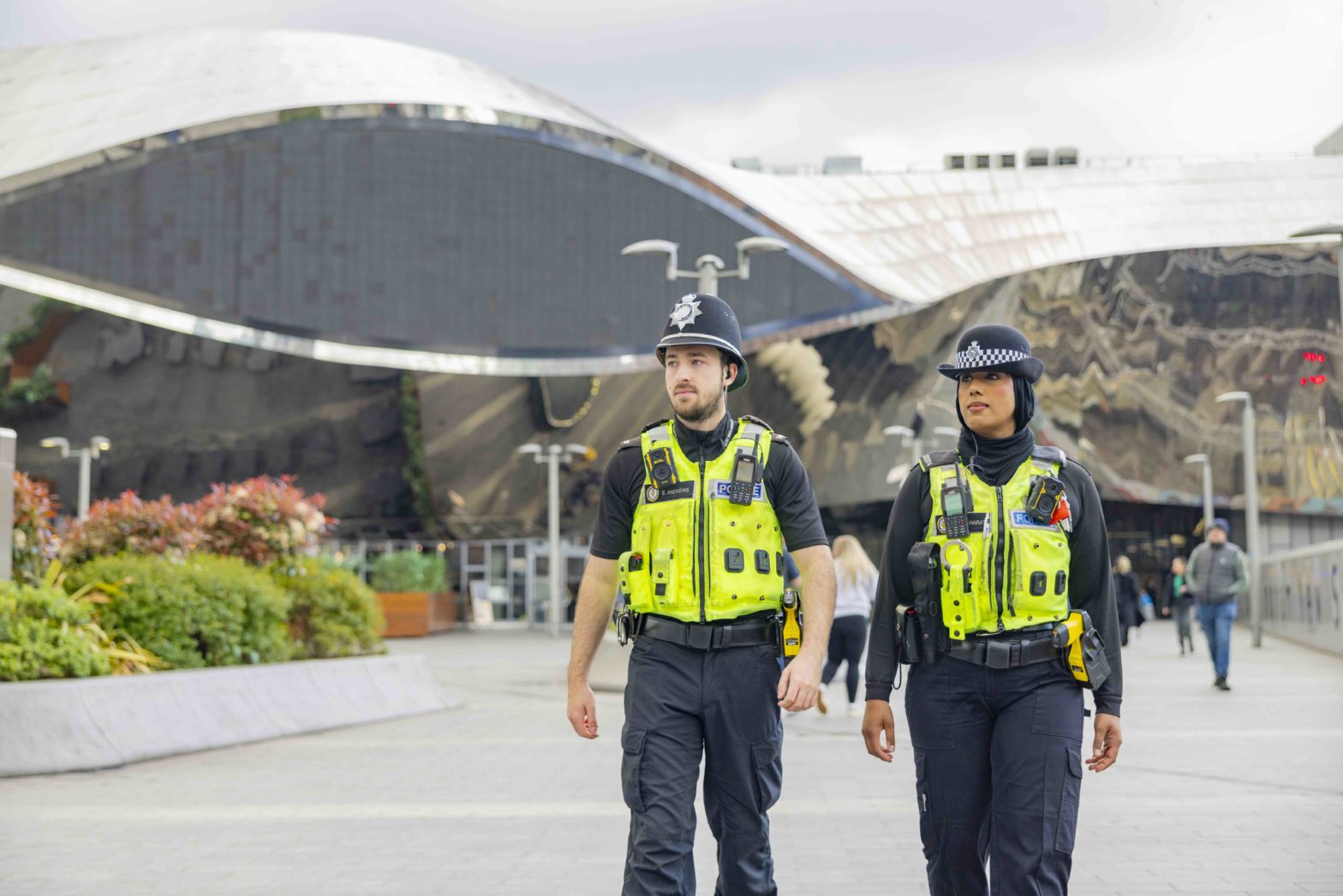
Photo: Image: City of Milan
Greener, cheaper, faster: Milan unveils tool to measure the benefits of digital services
29 June 2021
by Sarah Wray
The City of Milan in Italy has developed a tool that calculates the outcomes of digitalisation in terms of time, money and emissions saved.
The aim of the Digital Sustainability Model is to provide clear information for residents, departments and politicians but this simplicity belies an advanced data interoperability plan underpinning the system. The tool is being made available as open source for other cities around the world to use.
It compares analogue services to their digital equivalents and uses data from across the city, including public transport and ticketing and queuing systems.
“It is a tool for use before and after digitalisation,” said Paolo Sabatini, Digital Transformation Advisor, Office of the Deputy Mayor for Digital Transformation and Services to Citizens, Milan. “It shows what the benefits and impacts of digitalising a service are. That’s super important when you want to invest, especially in public policies, and then we use it to map the results of digital transformation.”
Tried and tested
The system was tested in Milan’s Registry Office, which manages and issues certificates.
In July 2016, Milan adopted an integrated Digital Transformation Plan to streamline government processes and offer greater convenience for citizens.
The Digital Citizen Folder, for example, acts as a single point of access for certificates, information and data. During the pandemic it was launched as an app and certificates were also made available via connected newsstands throughout the city.
In 2016, 55 percent of certificates were issued digitally, rising to 96 percent today.
Analysis via the Digital Sustainability Model showed that the ability to access certificates digitally saves individuals one hour in travel time and €4.40 (US$5.20) per certificate. In 2019, the administration saved approximately eight minutes per digital certificate, totalling 45,500 hours. It saved €1.2 million and 450,000 sheets of paper, as well as 49 tonnes of CO2 – calculated as equivalent to planting 3,266 trees.
The project was implemented with the support of an IT consultant and the process, data and metrics have been externally validated.
Milan has since applied the model to two other areas: a document management platform and approvals for underground excavation, as part of an initiative to digitise information about the cables, pipes and other critical infrastructure that run beneath the city’s streets. The tool is also being implemented for digital payments. Ultimately, Milan plans to expand the system across all departments to assess the expected and actual impact of every project.
The results will be shared with residents. To ensure inclusion, analogue options must remain available and in some instances, services can’t be fully digitalised due to legal issues. The city is considering planting trees to offset the remaining emissions and could use the data to make the case for regulatory barriers to be reconsidered.
Change management
“Of course, for the model to work, you do need to have the data,” Sabatini noted.
As part of the Digital Transformation Plan, the city recognised data as “one of our most important treasures,” said Roberta Cocco, Deputy Mayor for Digital Transformation and Services to Citizens, Milan.
This drove the city to create an Interoperability Plan and a ‘smart data lake’ where various pieces of information are available as needed to power new digital services. This requires data from different departments to be able to connect.
“It has been tough work but I really think that interoperability should be the first milestone in any digital plan for public administration,” said Cocco.
She urged other cities to prioritise this work internally rather than outsourcing it.
“Of course, you can enrol a vendor and tech company to help you, especially if you do not have the skills that you need within the administration, but it is very important that the driver is within the municipality because these are the fundamentals of everything you want to build on. We need to have [at least a] few people with the right skills in order to drive, manage and monitor the process.”
Another key reason for focusing internally is to avoid vendor lock-in, she said.
Change management is also important. Some staff in Milan were worried that wide-scale digitalisation of services could lead to job losses, but Cocco says this isn’t the case. In the Registry Office, for example, despite most certificates being accessed digitally, no jobs have been lost.
“You need to help public sector employees to understand the value [of digitalisation], and it’s not easy at the very beginning,” she said. “What we try to [help them] understand is that it’s totally useless to have a human being just clicking something to download papers. They are much more useful helping people who can’t manage the process themselves or who need specific or urgent support.”
A national voice
Cocco has also been appointed as Co-chairwoman of the Advisory Committee for Digital Public Administration, convened by the Italian Ministry of Technological Innovation and Digital Transition.
The eight-person committee, which also includes high-level representatives from transport, utilities and banking, acts as a sounding board providing strategic feedback for the Minister for Technological Innovation and Digital Transition, Vittorio Colao.
The Minister also tasked Cocco to bring together a group of local leaders to act as ‘testing areas’ for new programmes and strategies. It comprises four cities, regions and public administration associations in Italy.
The participants will give practical input on what is needed to turn ideas into a reality.
“These ‘territory tables’ can share the work that has already been done and any road blocks within the processes,” Cocco said. The group is also looking at the development of a national interoperability plan and how to expand digital skills throughout Italy.
Membership of these committees reflects the growing understanding that cities are at the forefront of tackling many of society’s most pressing challenges, Cocco said.
“It’s the first time that there is a specific [avenue] like this, where a minister and his staff are so open to feedback and suggestions from the regions. This is so important because we have suffered a lot through the gap between the central government and the regions – during the pandemic, of course, but also more generally.”
“Now there is an urgency as we look to restart the country,” she added, encouraging city colleagues elsewhere to push for similar collaboration in their countries.






